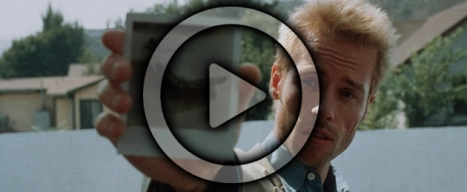Blink of an Eye is perhaps the last truly great episode of Star Trek: Voyager.
There are good episodes that follow Blink of an Eye. There are solid comedy episodes like Renaissance Man. There are effective homage episodes like Author, Author. There are even well-constructed archetypal narratives that fit within the thematic framework of both the series and the franchise like Memorial. However, there isn’t a single episode as elegant as Blink of an Eye, a story which demonstrates the raw potential of Voyager as a narrative engine for telling these big and broad science-fiction narratives.
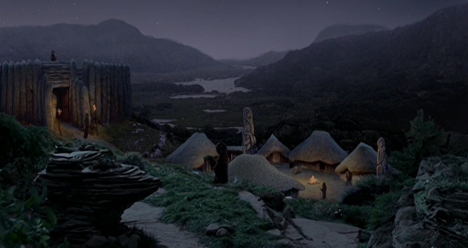
From the mountains of faith…
Indeed, it might even be possible to argue that Blink of an Eye is the last truly great episode of Berman era Star Trek.
There is a tendency to overlook Star Trek: Enterprise in discussions of the franchise’s history and legacy, no matter how quietly influential the prequel series has become in terms of Star Trek Beyond or Star Trek: Discovery. This does a disservice to the last series of the Berman era, particularly the final two seasons that grappled with the question of what it means to be Star Trek in the aftermath of 9/11. Nevertheless, the trauma of 9/11 exerted such a gravity that even the best episodes of Enterprise seemed to exist in its shadow; Judgment, Cogenitor, The Forgotten, Babel One, United.
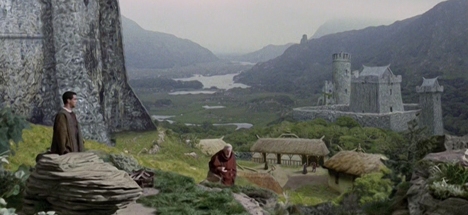
… through the valley of fear…
Even outside of hyperbole, Blink of an Eye is a beautifully constructed piece of television that speaks to the appeal and the potential of Star Trek. It is a lyrical allegory, a very simple and straightforward idea that is constructed in such a way as to invite the audience to ask profound and meaningful questions about the nature of human existence. What is it like to watch a civilisation rise up? What ideals drive it? Towards what values and ideals might it strive? More than that, what is it like to sit outside of time and watch those beholden to time? These are fascinating and enlightening ideas.
Blink of an Eye was developed from a story by Voyager writer Michael Taylor, one of the most ambitious writers to ever work on the series. Taylor had contributed the stories that would develop into The Visitor and In the Pale Moonlight, demonstrating a willingness to think outside the box. On Voyager, Taylor’s ambitions were frequently tempered and his scripts often compromised. Both Once Upon a Time and The Fight were much more generic and mediocre pieces of television than the original premise. Blink of an Eye is a rare Taylor concept that doesn’t feel watered down.
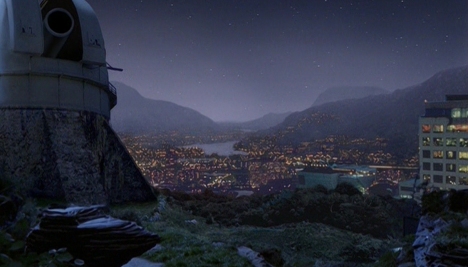
…. But the river is wide
And it’s too hard to cross…
It helps that the teleplay for Blink of an Eye was written by Star Trek veteran Joe Menosky. Menosky had a long association with the franchise and a deep understanding of how it worked, having cut his teeth on Star Trek: The Next Generation and Star Trek: Deep Space Nine. More than any other writer, Menosky understood the idea of Star Trek as a mythic framework, an avenue for exploring stories and what they mean. This theme plays through Menosky’s work on the franchise; Darmok, Masks, Dramatis Personae, Muse.
Blink of an Eye feels like an episode perfectly callibrated to the strengths of Taylor and Menosky, a high-concept episode that is fundamentally about the Star Trek mythos.
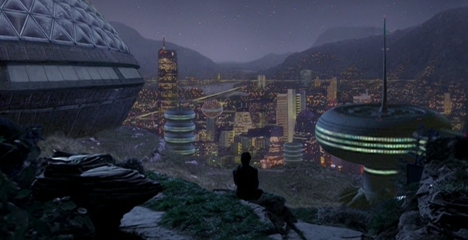
We all end in the ocean
We all start in the streams
We’re all carried along
By the river of dreams.
Continue reading →
Filed under: Voyager | Tagged: abstract, blink of an eye, einstein, end of history, End of Time, history, star trek, star trek: voyager, time, timeless, voyager | 17 Comments »
